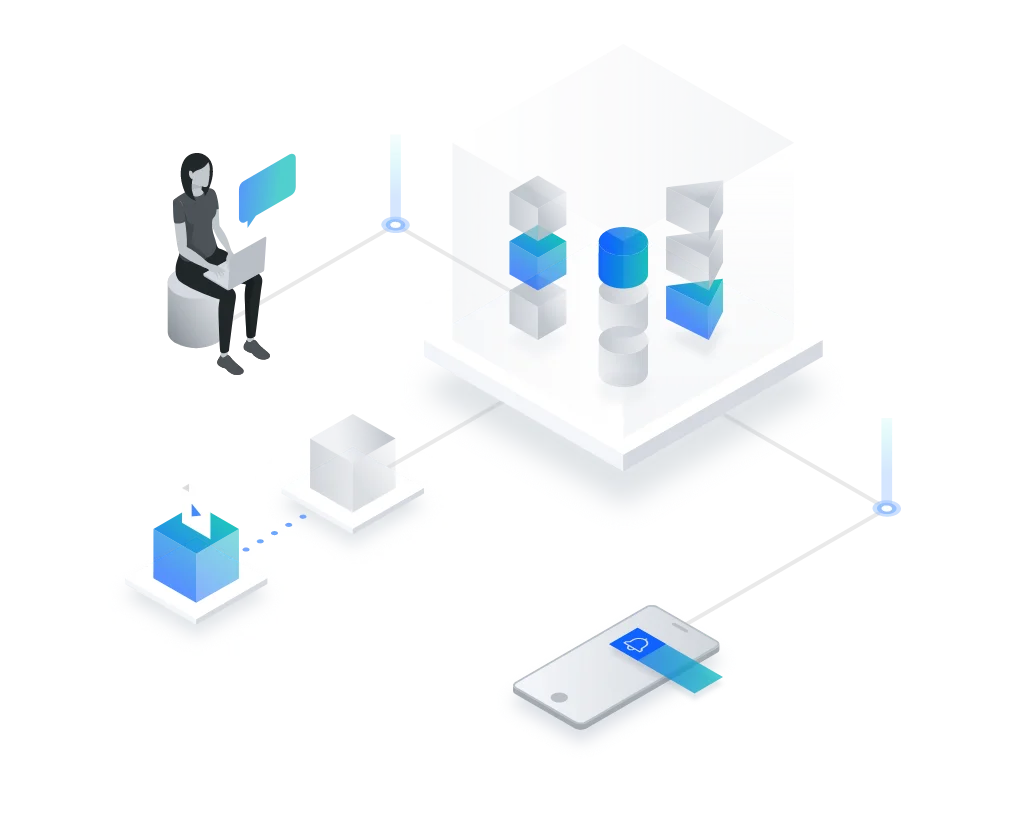Creating True Environmental Progress in Global Business
The urgency of the climate crisis is well understood in business circles. “Climate risks top the World Economic Forum's Global Risks Report 2022, which analyzes global perceptions among risk experts and world leaders in business, government, and civil society,” the World Economic Forum describes regarding the Davos 2022 agenda.



